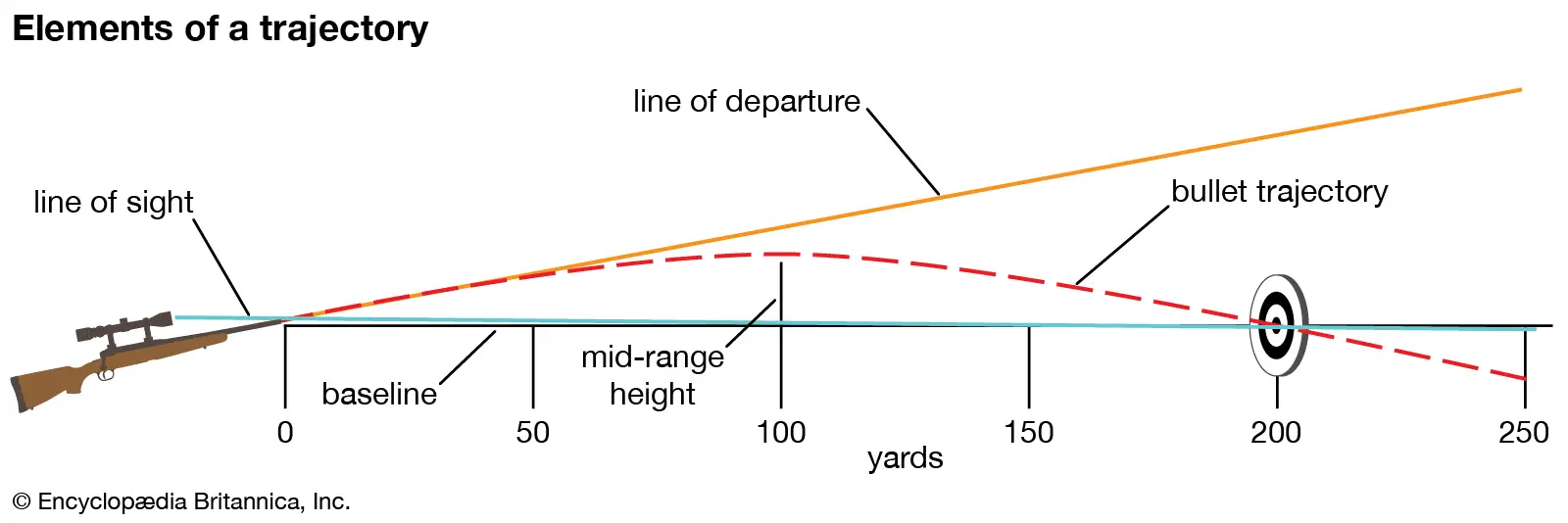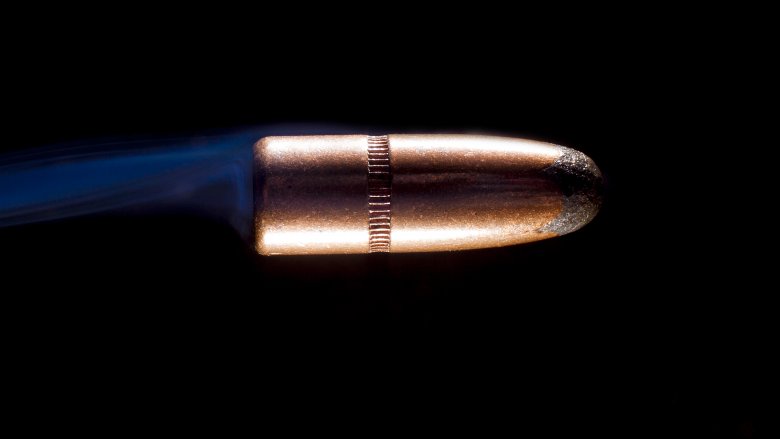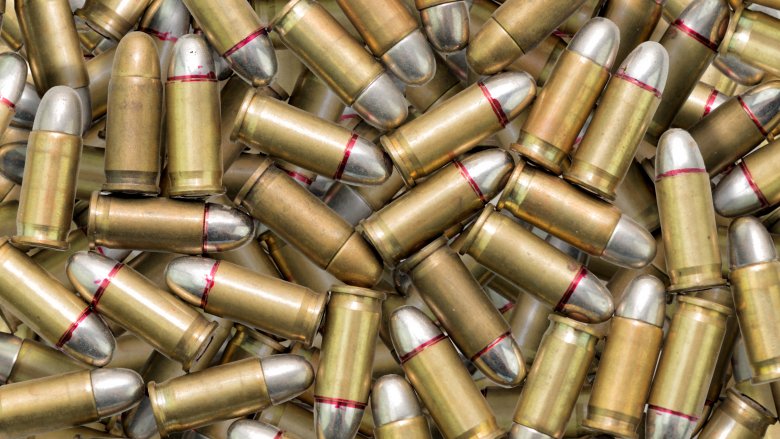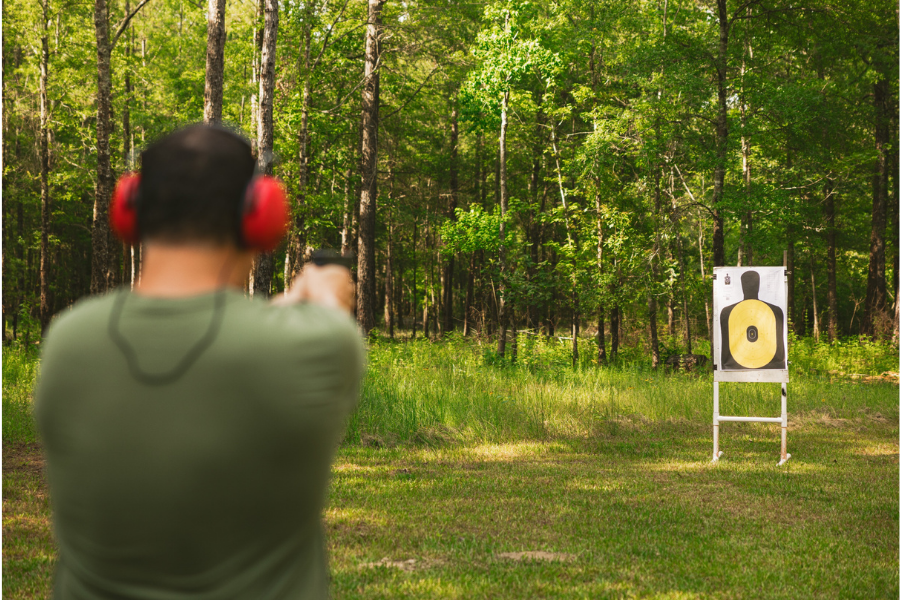How Far Will A Bullet Travel?
Share
Understanding the distance a bullet can travel is crucial for various reasons, including safety, hunting, and law enforcement. The distance a bullet can travel depends on several factors, including the type of firearm, the bullet's caliber, and environmental conditions. This article will explore these factors in detail, providing insights into the physics of bullets and their trajectories.

Factors Influencing Bullet Travel Distance
1. Type of Firearm
The type of firearm significantly impacts how far a bullet can travel. For instance, rifles generally have a longer range compared to handguns. A .22 caliber rifle can shoot a bullet up to 1,500 yards, while a .45 caliber handgun typically has a range of about 1,000 feet.

2. Bullet Caliber
The caliber of a bullet refers to its diameter and is a critical factor in determining its travel distance. Larger calibers, such as .50 BMG, can travel over 5,000 yards, while smaller calibers, like .22 LR, may only reach around 1,500 yards. The energy and velocity of the bullet also play a role in how far it can travel.

3. Environmental Conditions
Environmental factors such as wind, humidity, and altitude can affect a bullet's trajectory. Wind can push a bullet off course, while humidity can alter its speed. Higher altitudes may allow bullets to travel further due to reduced air resistance.

Bullet Trajectories
1. Gravity's Role
Gravity plays a significant role in a bullet's travel distance. As a bullet travels, it begins to drop due to gravitational pull. This drop can be calculated and compensated for by shooters, especially at longer ranges. Understanding the bullet's trajectory is essential for accurate shooting.

2. Maximum Range vs. Effective Range
It's important to differentiate between maximum range and effective range. The maximum range is the furthest distance a bullet can travel, while the effective range is the distance at which a bullet can accurately hit a target. For example, a .30-06 rifle has a maximum range of about 3,000 yards but an effective range of around 1,000 yards.
Conclusion
Understanding how far a bullet can travel is essential for safety and accuracy in shooting sports, hunting, and law enforcement. By considering the type of firearm, bullet caliber, and environmental conditions, one can gain a better understanding of bullet trajectories and their implications. Always prioritize safety and responsible handling when dealing with firearms.



